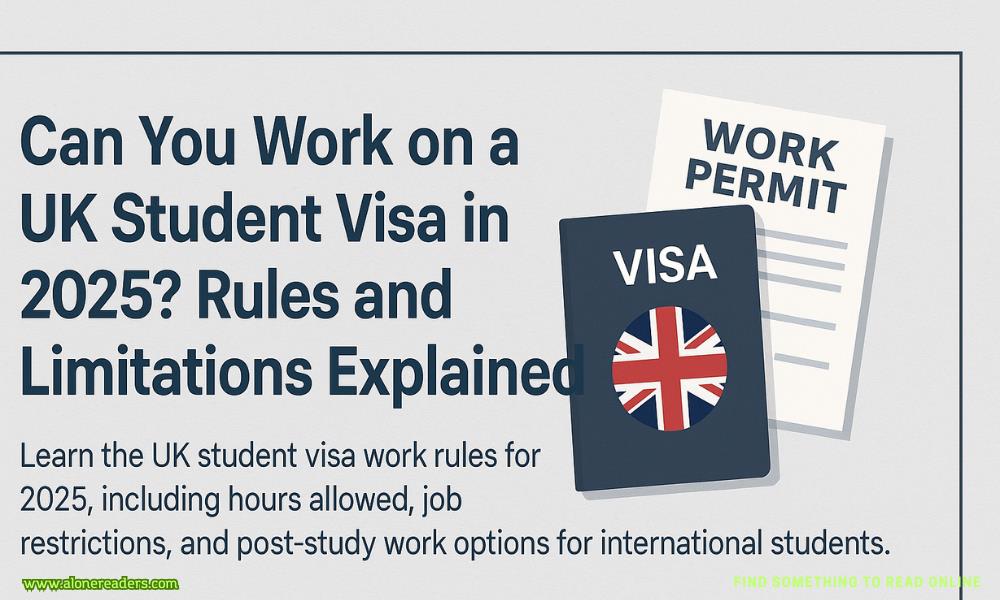Page 2 of Forbidden Love Still Blooms
“We both know she's too polite to say anything if that happens.”And I doubt she can remember the last time he's stuck her with anything.I don't add that part.
My mother pauses in the midst of weaving the flowers into the greenery crawling up the side of the front window. She's tall enough to not need a ladder, and with her hands extended overhead, her forearms beautifully muscled from hours and hours of labor in the dirt, she reminds me of a marble statue carved by some swooning Greek artist. Her and I share many things. Height is an obvious one, confidence another.
I needed that confidence when I was in high school. It's been four years since I graduated. The teasing about my height comes less, though I suspect time hasn't removed all of the toxic residue from the teasing of cruel boys. I never cared at all what they said about me. Ilovedbeing able to look down my nose at them when they spit their cruel jokes. Even more delicious was when I crushed them in gym class. I didn't even like sports, but the thrill of winning was undeniable, especially if it meant ruining the moods of bullies.
How long has it been since I played basketball?I muse to myself.
Mom is watching me thoughtfully. Her eyes are the color of beach sand, another thing we share. “I'm not trying to put pressure on you, Lori, but the Triumph Parade is going to be crazy. If you're distracted by something—”
“I'm not,” I say quickly.
She searches my face, her lips braced in a line. Then her expression softens, and she says, “I need your help.”
I need your help.I'm transported through my memories again, but this time there's nothing fond about it. A cold ripple begins in my gut, spreading out until my chin starts to wobble. Clenching my jaw, I flash my mom a confident smile. “Whatever you need, you know I'm here. All you have to do is ask.”
Sometimes she doesn't need to do that last part.
Sometimes you know what needs to be done without sharing a word.
“Pass me those,” she says, motioning at my lilacs. “Then those pruning shears.”
Picking up the green-handled shears from where they're resting on the counter, I hand them to my mom. She wields them smoothly, like they're another part of her body. “Here you go,” I say, off-loading the bushel of lilacs.
Once she has them, she gives me a playful wink. “Now go arrange the flower stands outside. It's going to be packed in here, having you sell out front will keep too many people from crowding in here at once.”
Our store, Windy Gardens, is on the main street that runs through downtown. It's a prime location on an average day, but for the upcoming parade it's almost free money. The second we flip the shop's sign to “Open”,we'll have crowds of people showing up to buy last minute roses and lilies to adorn themselves with, or to finish off their floats.
I've lived in Crestwind Cliffs all my life, seen every parade, but I've only ridden on a float twice. The first time was when I was twelve. My best friend Cadence and I were the winners of a sandcastle-making competition. We got to ride down the street on a massive display with flowers piled high in our hair, glitter staining our eyes and cheeks and hands. It was one of the best days of my life.
The second and final time I rode in the parade, I was twenty. Sandwiched between my mother and father on a flashy platform, we rolled along past a crowd of people who stared at us with envy, or disgust, or fake joy. No onereallycheers for you when you won something they wanted.
I arrange the wire racks on the sidewalk in front of the florist shop just as the morning clouds wash away. At five past seven the streets around me are busy with people starting their errands or finishing their day-break jogs. Most people are wearing coats to keep away the brisk wind. Living by the Atlantic Ocean means accepting that even when the sun is shining in the middle of spring, you'll never escape the chill that sweeps over the water to our corner of the world.
I love the cold. I'm more likely to wear short sleeves than a sweater, and as a kid, my mother got calls from my teachers because I was running on the playground in a windbreaker when snow was sprinkling. They thought my parents weren't taking care of me. From then on, for their sanity, I wore a coat when it went below forty.
Across the street is Buzzy's Cafe. It's a cute, unassuming little coffee shop with insanely delicious drinks crafted by a couple from Peru. I don't remember a time when their shop wasn't there. A Dunkin' Donutsanda Starbucks fight over customers less than a mile away, closer to the town center, but locals know the best cup is right here.
Buzzy himself, a Latino man with deep dimples in his constant smile, is scribbling on a chalk sign standing by his door. His actual name is Bernardo. His lovely wife, Julia, told me in secret one morning while I was delivering fresh red roses for their outdoor tables. Julia had crouched low to meet my eight-year-old ear, whispering the nugget of info, then insisting I never tell him what she said. Maybe he likes being Buzzy better? I don't know, and I never will, because I respect secrets of all sizes.
Wiping loose soil from my hands onto my apron, I debate taking a break, just a quick one—enough to get some more caffeine for my mother and me. Maybe some tres leches, since the freshly written chalk-sign declares it's the daily special. Is it too early for cake? No. No it is not.
A cobalt-blue car parks directly across the street, breaking my line of sight of the bakery. I know a little about cars—enough to spot the symbol that identifies this one as a Jaguar. High-end but nothing too insane. When you live by the ocean you get a range of incomes. Especially when it comes to tourists as the seasons shift. The smudges of ocean salt staining the rims of the car are signs of a local, though.
The tinted windows are all rolled up except for the most important ones in front. I can't see Buzzy's chalkboard with its delicious snacks anymore, but that's alright. My new view is of something just as tasty.
In profile he's sharp as a knife. Powerful nose, angular jaw, even the edges of his mouth remind me of something designed to cut. He's sitting so I can only see him from the shoulder up, but I know his body is thick and strong.
The black sunglasses on his lightly tanned face match his hair that's thick enough to grab a fistful of. If you're into that, that is. What I can't help noticing, most of all, is the subtle silver dusting his temples like sea foam on the beach. The shape of his haircut enhances his cheekbones, draws attention to the mild age lines across his forehead.
Crestwind Cliffs is a decent sized town. I don't know every face and certainly not every resident's name. But there are always people that stick with you. The man parked across the street is as sticky as papier-mâché glue.
Jordan Hartford, father of a local scumbag-white boy I used to go to school with.
That's all I know about him. I can, however, guess some other things. Like how he's got to be in his late thirties, maybe early forties. At minimum, he’s ten years older than my twenty-two. He drives a decent car, wears nice clothes, so logically he makes good money. How else can he keep bailing Dezmond, his adult son, out of the jailhouse? But I don't have a clue what his job is. We've never exchanged a word between us.
He cuts the engine. With the low rumble gone I can hear the doorpopopen. The sand that coats every inch of our sidewalks crunches under his heels. Jordan stands to his full height—easily six and change to my five-eleven—on the other side of his car. As he pushes his sunglasses up to his scalp he scans the area, revealing acid-green eyes.
My arm hairs prickle. I'm certain he's going to look at me asecondbefore he actually does. I don't spook easily. It's hard to fear other people when you learn what horrors you yourself are capable of. When Jordan locks his eyes on me, I stiffen. I nearly duck behind my flowers. It's a miracle I remain where I am among the boxes of roses and baby's breath around my feet as the broad figure in his black chinos, glossy belt, and form-fitting gray Henley shirt approaches me.
- Her Irresistible Husband by Marian Tee
- Bratva Past by Sam Crescent
- Unbroken by Jane Henry
- Tattooed Vow by Kat Steele
- Broken by Jordan Marie
- Pleasure Lessons by Jenna Rose
- Craved By Gray by Cassi Hart
- Road Trip With Her Daddy Protector by Lizzie Sparks
- My Tempting Mountain Man by Lizzie Sparks
- Text Me, Take Me by Flora Ferrari
- Twisted Fate by M. James
- Born in Sin by Shilpa Suraj
- Exposed by Samantha Wilde
- Beyond Repair: Part One by Y.V. Larson
- Eternal Pieces by Hana Meadows
- Special Agent Anastacia by Mimi Barbour







